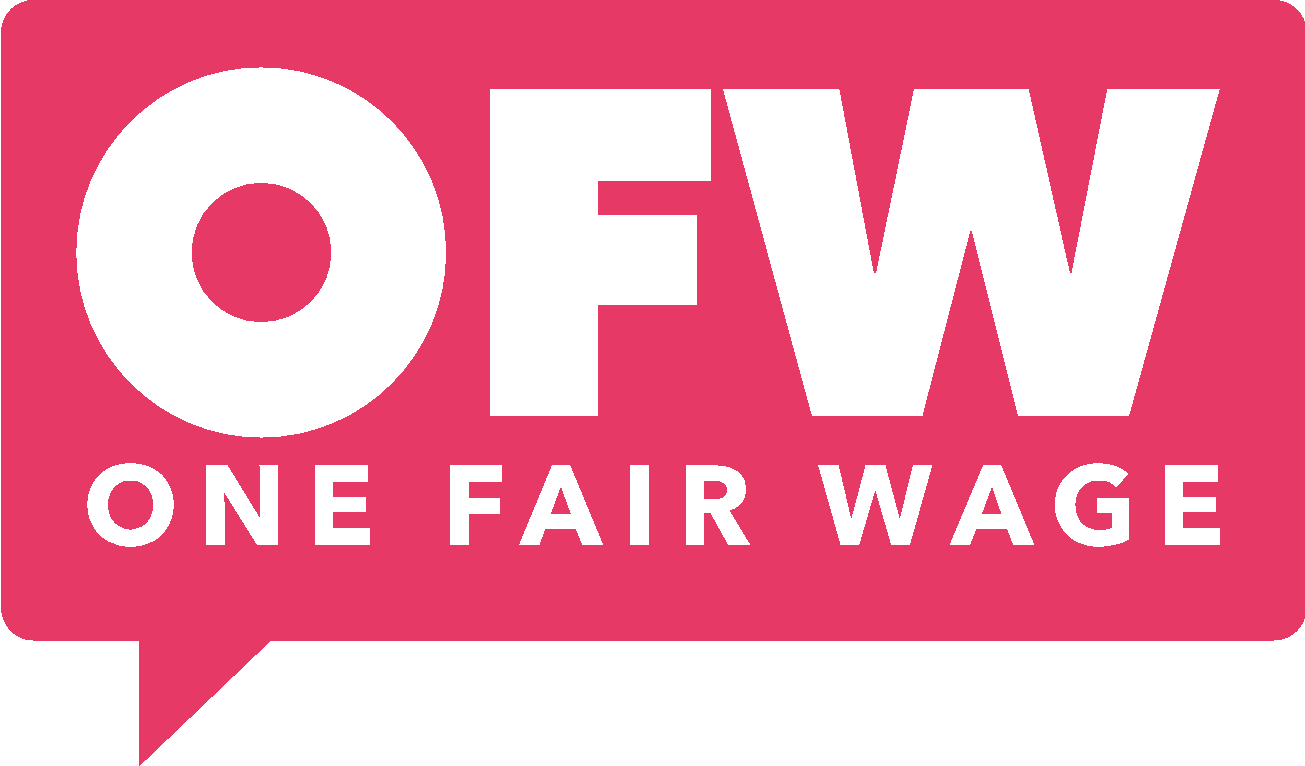Locked Out by Low Wages
DC Service Workers’ Challenges Accessing Unemployment Insurance During COVID-19.
Before the pandemic, over 60,000 DC restaurant workers and over 27,000 tipped service workers were disproportionately likely to live in poverty and rely on public assistance.1,2 These workers make up what we define as the ‘service sector’, including restaurant, nail salon, car wash, airport valets, parking attendants, tipped gig workers and others. Although restaurant workers comprise the largest share of both tipped workers and the overall service sector, precarious wages, working conditions and access to emergency aid have revealed dire similarities across this diverse workforce.
For most tipped workers, their low wages can be traced back to the subminimum wage for tipped workers, still only $2.13 at the federal level. Forty-three states, including the District of Columbia, continue to allow a tipped subminimum wage, forcing a largely female, and disproportionately people of color population to rely almost entirely on tips. These unconscionably low wages, which already impoverished millions, are now having an impact on people’s ability to access federal and state emergency resources like unemployment insurance. The lack of One Fair Wage, representing a full minimum wage with tips on top, has left millions of service professionals across the country, and particularly in DC, unable to cover their families’ most basic needs. The COVID-19 crisis has revealed, more than ever before, that the slave-era wage practices of the service sector must change.
